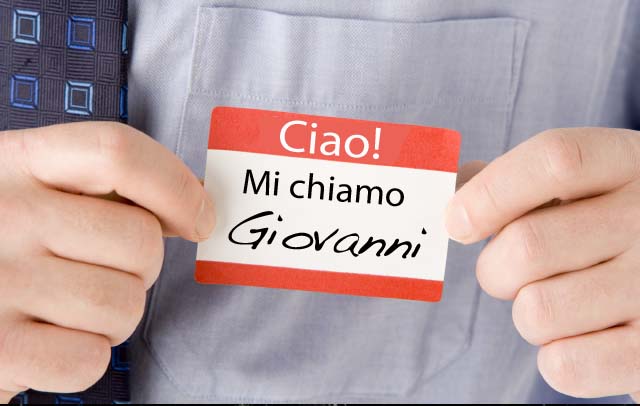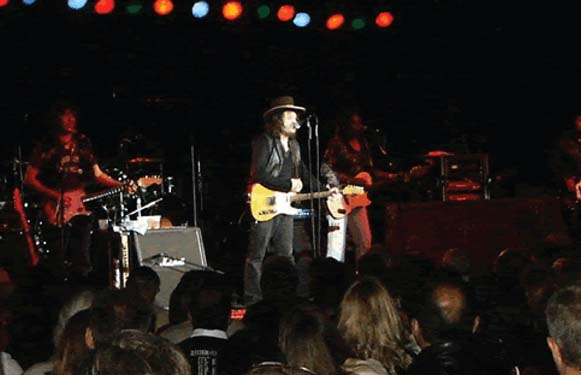
Ripasso di grammatica su di verbi riflessivi. È tutto su di me!
Grammar review of reflexive verbs. It’s all about me!
Diamo un’occhiata ai verbi riflessivi e ai pronomi riflessivi.
Let’s take a look at the reflexive verbs and reflexive pronouns.
Diamo un’occhiata ai verbi riflessivi e ai pronomi riflessivi. Alla fine della spiegazione ci sono alcuni esercizi per controllare la conoscenza della lezione e la tua abilità linguistica.
Let’s take a look at the reflexive verbs and reflexive pronouns. At the end of the explanation there are several exercises for you to test your understanding of the lesson and your language skills.
Siete pronti! Andiamo! Ready! Let’s go!
When the action of a verb falls back on the subject, the verb is called reflexive. A reflexive verb is a transitive verb whose subject and object are identical.
Many reflexive verbs in English are also reflexive in Italian, but not all reflexive verbs match between the two languages. In Italian dictionaries, reflexive verb infinitives end with: -arsi, -ersi, and -irsi.
The suffix -si in these endings means “oneself.”
Many transitive verbs can be used reflexively. When this occurs, the final e of the simple infinitive is dropped before adding – si. The reflexive form of these verbs often acquires a different meaning. Here is a a short list of some common reflexive verbs in Italian with their English translations.






When Italian words become Reflexive Their Meanings Change
Many transitive verbs can become reflexive. In these cases, the -e at the end of the simple infinitive is dropped before adding -si. When used reflexively, these verbs often acquire a different meaning. Here’s a list of common reflexive verbs with their English translations.
Domandare – to ask
Domandarsi – to wonder
Fermare – to stop someone/something
Fermarsi – to stop onself
Guardare – to look, to watch
Guardarsi – to look at oneself
Svegliare – to awaken
Svegliarsi – to wake yourself up
Mettere – to place something
Mettersi – to put something on
Preparare – to prepare something
Prepararsi – to get yourself ready
Conjugation of Reflexive Verbs/Reflexive Pronouns
Reflexive verbs are conjugated like other verbs ending in -are, -ere, and -ire
In the conjugation of a reflexive verb, the forms of the verb
must be used with the reflexive pronouns listed below:
mi = myself
ti = yourself (familiar)
si = himself, herself, itself, yourself (form sign)
ci = ourselves
vi = yourselves
si = themselves
Alzarsi
Mi alzo
Ti alzi
Si alza
Ci alziamo
Vi alzate
Si alzano
mettersi
Mi metto
Ti metti
Si mette
Ci mettiamo
Vi mettete
Si Mettono
Vestirsi
Mi vesto
Ti Vesti
Si Veste
Ci Vestiamo
Vi vestite
Si vestono
Alzarsi
Mi Sono alzato/a
Ti Sei alzato/a
Si è aalzato/a
Ci siamo alzati/e
Vi siete alzati/e
Si sono alzati/e
mettersi
Mi sono messo/A
Ti Sei metti
Si È Ti Sei metti
Ci Siamo Messi/Messe
Vi Siete Messi/messe
Si Sono Messi/messe
Vestirsi
Mi sono vesto
Ti sei Vesti
Si è Veste
Ci siamo vestiti/vestite
Vi siete vestiti/vestite
Si sono vestiti/vestite
In forming the PASSATO PROSSIMO (and other compound tenses) the auxiliary verb ESSERE must be used. The past participle must agree in gender and number with the subject
Esercizi / Exercises:
Complete the following:
Give the present, the future, and the passato prossimo of the following reflexive. Verbs, with the subjects indicated in parenthesis.
Alzarsi: tu__________________ , lei__________________ , voi__________________
Pettinarsi: Maria__________________ , noi__________________ , loro__________________
Sentirsi: noi__________________ , voi__________________ , loro__________________
Vestirsi: io__________________ , Massimo__________________ , le ragazze__________________
Accorgersi: noi__________________ , Lei__________________ , voi__________________
Addormentarsi: la bambina__________________ , io__________________ , loro__________________
Fill in the blank with the correct reflexive verb forms.
Cinzia adesso (is resting) _________ perché è molto stanca.
Domani (I will wear) ____________ il vestito rosso.
Quando Rita (woke up) _____________, ha telefonato a sua madre.
Se loro potranno, (they will stop) __________ a casa nostra.
D’inverno (I get up) _________________ tardi perché fa freddo.
Se loro non vanno al cinema, a casa (they get bored) ___________.
Tutte le volte che andimao allo stadio, (we have a good time) ______________
Ieri mia moglie (wore) ____________-un nuovo paio di scarpe.
La signora Betti ha avuto un figlio. Il bambino (is named) ____________ Franco.
Lei è sempre davanti allo specchio; (she combs her hair) ____________ tre volte al giorno.
Translate the following:
Tomorrow morning I want to wake up at six thirty-five.
Mario must get ready to go out.
He is looking at himself in front of the mirror.
I wonder why she is not coming to the movies with us?
Yesterday his wife realized that Paolo can never relax.










